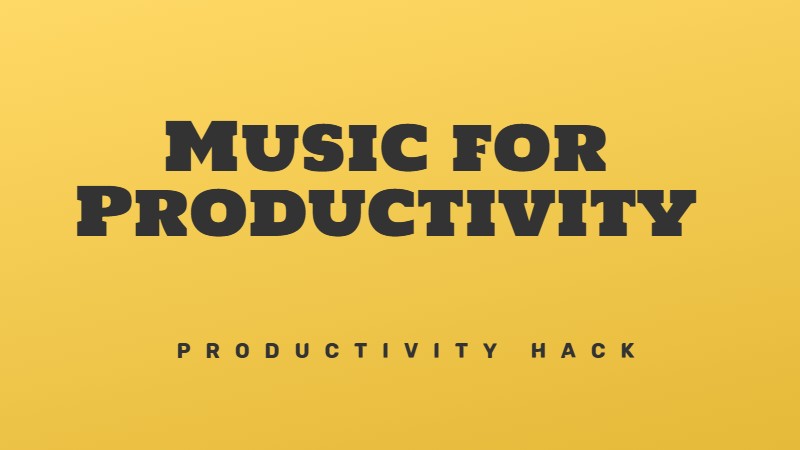I showed up to an important client meeting without my laptop last winter. I’d forgotten to charge it the night before and left it on my desk during my morning rush. Sitting there, red-faced and caught off guard, I knew this wasn’t just bad luck.
My system sucked, plain and simple.
That night, I started spending ten minutes each evening setting up for my next day. This small change turned my chaotic mornings upside down. What you do right after waking shapes your entire day, but the setup you do before bed shapes that critical first hour.
Fix tomorrow’s problems tonight.
Set up your tomorrow today
I hate making decisions when I’m groggy. When I take a few minutes at night to plan my next day, I wake up with direction instead of confusion. This removes the friction from my morning and lets me start with purpose instead of that awful “What should I do first?” feeling.
Why planning at night works for me
Night planning gives me:
What I actually do
Real people who do this
James, The Morning Runner
James wanted to run in the mornings but hit snooze 80% of the time. Once he started putting his running shoes and clothes out the night before, his success jumped to 80%. That visual reminder and removed friction made all the difference.
Lisa, Who Actually Gets Things Done
Lisa writes her three main tasks on a sticky note each night and sticks it on her computer. When she sits down to work, she knows exactly what to start on, avoiding the morning email trap that used to waste her first 30 minutes.
Miguel, The Food Prep Guy
Miguel preps his lunches for the week on Sunday. This saves him from making bad food choices when hungry and busy. It also frees up mental space during his workdays.
The science behind why this works
Our brains don’t need perfect consistency to form habits. They need regular reinforcement with recovery periods. This is how muscles grow stronger, too: stress followed by rest creates growth.
Studies show that occasional mistakes don’t ruin habit formation. What matters is the overall pattern of behavior over time.
Plus, the psychology of perfectionism works against long-term progress. When we demand perfection, we set ourselves up for self-sabotage.
What else I’ve noticed
This night planning routine changed more than just my productivity:
Conclusão
Night planning takes minutes but pays off big time in both getting stuff done and peace of mind. Start tonight with just one small prep task. Your morning self will thank you when the day starts with direction instead of chaos.
I still mess this up sometimes. Last month I skipped my evening routine for a week straight, and by Wednesday I was back to forgetting important stuff and starting my days feeling behind. The system works when I work it.




Deixe comentários sobre isso